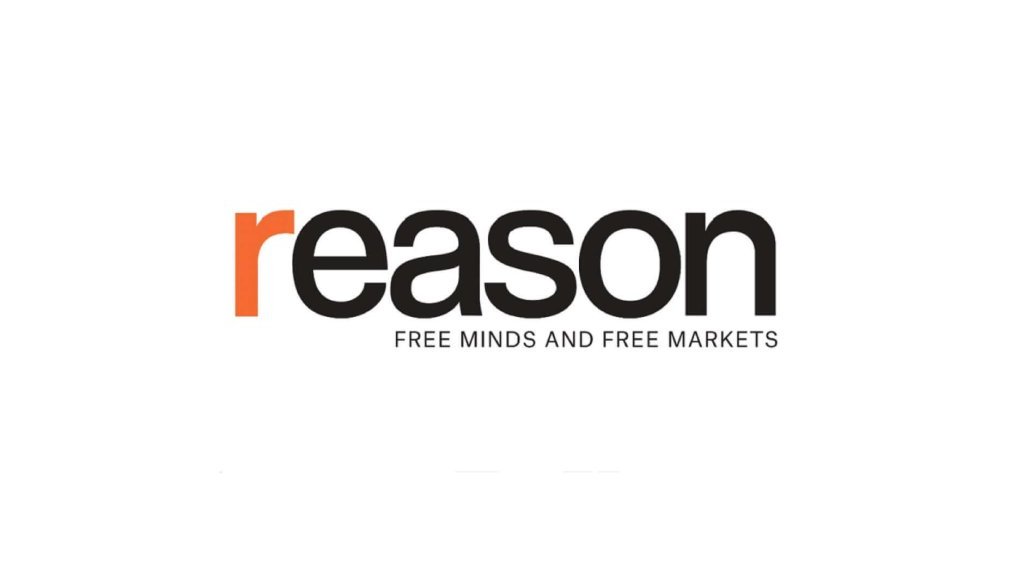Asylum Isn’t As Crazy as Trump Claims
During several campaign rallies this year, Donald Trump denounced the political practice of asylum—namely, the legal status requested by foreigners fleeing political persecution and violence and entering the United States via a port of entry.
Yet, Trump frequently coupled his criticisms of asylum with unrelated comments about mental institutions, creating confusion about his understanding of the issue. In front of a New Jersey crowd in May, Trump claimed that “the mental institution population is down because they’re taking people from insane asylums [in foreign countries]” and sending them to the United States.
“You know what the difference is, right?” he asked the crowd. “An insane asylum is a mental institution on steroids.”
Trump’s stream of consciousness also roped in Hannibal Lecter, the violent and institutionalized antagonist from The Silence of the Lambs. After singing the serial killer’s praises, Trump—never one for logical transitions—launched into his traditional anti-immigrant vitriol:
But Hannibal Lecter, congratulations. The late, great Hannibal Lecter. We have people that have been released into our country that we don’t want in our country, and they’re coming in totally unchecked, totally unvetted. And we can’t let this happen. They’re destroying our country, and we’re sitting back. And we better damn well win this election because if we don’t, our country is going to be doomed.
This verbal diarrhea left many observers questioning whether Trump understood asylum or was really confusing the concept of political refuge with mental institutions.
The Etymology of Asylum
Accounts of the word’s origin differ. Long before the word became associated with mental health institutions, asylum was more closely aligned with the concept of sanctuary.
The earliest version of the word dates back to the 15th century. From the 1438 long-form poem The Fall of Princes, English poet John Lydgate wrote about “asilum” as, according to one translation, “a place of refuge and succours…to receyue all foreyn trespassours.”
Asylum derives from the ancient Greek word asylos (a– “without” and sylos- “the right of seizure”) and was originally defined as a “sanctuary or inviolable place of refuge and protection for criminals and debtors, from which they cannot be forcibly removed without sacrilege.” In ancient Greece, places of worship once granted safe harbor to those seeking protection from extrajudicial violence. If the accused made it into the church, it was both taboo and sacrilegious to attempt to extract them.
This practice dates back even further. In first century Rome, several communities allowed temples, altars, and other sacred spaces the privilege of protecting fugitives, including escaped slaves, debtors, and other alleged criminals escaping punishment. The practice became so widespread that the Roman Emperor Tiberius, troubled by the perceived lawlessness, legally confined the practice. Tiberius limited jus asyli—”the right of protection”—to a select few temples.
Tiberius’ inquiry proved to be a legal rabbit hole. Some Greek cities demanded the emperor grandfather-in their legacy asylum practices, claiming their legal prerogative predated the empire’s. Circa fifth century B.C., communities like Athens, Sparta, and Macedonia resettled Persian asylees and refugees, afraid to return home for fear of being labeled traitors on the wrong side of the Greco-Persian Wars.
The word asylum didn’t connote psychiatric hospitals and mental illness until the turn of the 18th century. Even then, British reformers demanded “moral asylum” and more humane treatment for those suffering from mental illness.
Over time, asylum replaced more pejorative terminology associated with the hospitals. The change in legal language used to codify Victorian-age institutions demonstrates this pattern. For example, the Madhouse Act of 1774 (which codified the first legal framework for the once-unregulated market for psychiatric hospitals) starkly contrasts wi
Article from Reason.com

The Reason Magazine website is a go-to destination for libertarians seeking cogent analysis, investigative reporting, and thought-provoking commentary. Championing the principles of individual freedom, limited government, and free markets, the site offers a diverse range of articles, videos, and podcasts that challenge conventional wisdom and advocate for libertarian solutions. Whether you’re interested in politics, culture, or technology, Reason provides a unique lens that prioritizes liberty and rational discourse. It’s an essential resource for those who value critical thinking and nuanced debate in the pursuit of a freer society.



